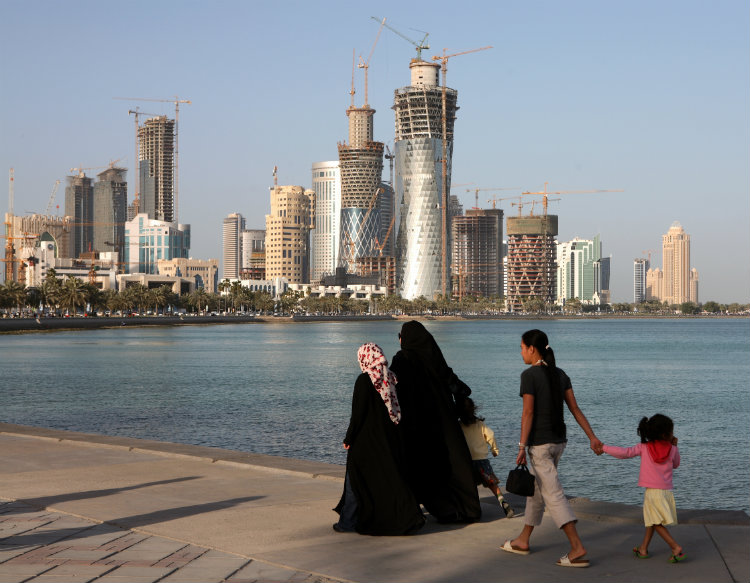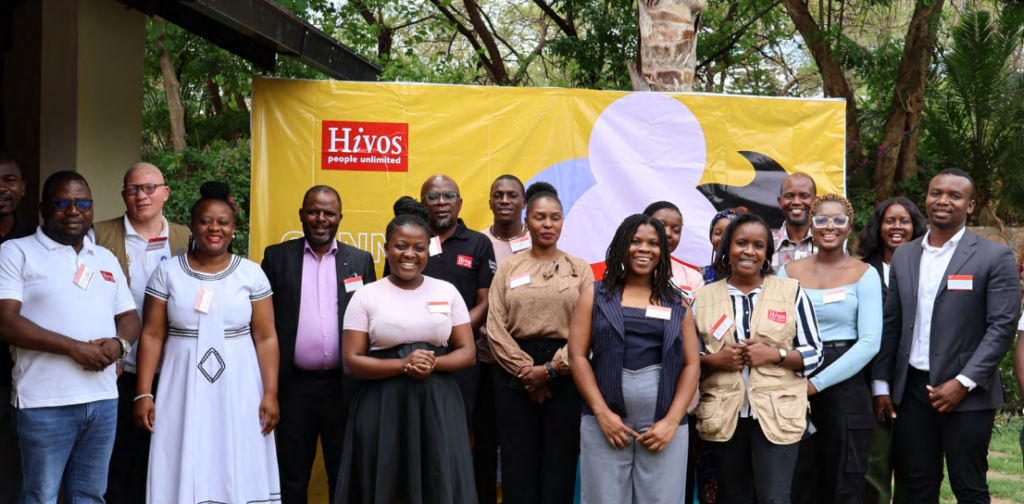On June 16, International Domestic Worker’s Day, Hivos is focussing attention on the range of abuses domestic workers from Southeast Asia face in the Gulf Region every day: non-payment of salaries, forced confinement, food deprivation, excessive workloads, and instances of severe psychological, physical, and sexual abuse. Especially now in the month of Ramadan, their working conditions are sometimes unbearable.
In 2015, world leaders committed to the most ambitious global development agenda in history. These include to ensure “the promotion of peaceful and inclusive societies”, public access to information”, and to protect “”fundamental freedoms”. Given the nature of these goals, it is clear that migrant domestic workers should be a central beneficiary.
The Bridges regional campaign for migrant domestic workers organised by Hivos responds directly to those commitments. It provides national and regional migrant domestic workers campaigns with an opportunity to highlight the Migrant Domestic Worker agenda, make targeted efforts to achieve change on the ground, and adds the support of migrant campaigners to mobilise public opinion worldwide for the cause.
The Bridges project was set up by Hivos to empower migrants in their jobs as domestic workers, address the concerns of employers and generate dialogue with governments in the Middle East and Indonesia on improvements in monitoring the situation of migrant workers. Since a large number of Indonesian workers travel to Saudi Arabia and Qatar, these destinations are the project’s focal area for now.
On June 16, Hivos partner Migrant Care will be holding activities together with KOWANI, JALA PRT, the Network of Decent Work and the advocacy network Domestic Workers in Jakarta. Some of these are a public dialogue on law held by KOWANI on 14 June, a press conference held by the Network of Decent Work on 15 June, and a talk show on fulfilling rights of domestic workers on TVRI Pro 2 FM on 17 June.
These activities will remind the Indonesian government and other relevant sectors to take more serious policy action, such as ratifying the ILO 189 Convention, and make passage of the Protection of Domestic Workers Bill into the National Legislation Program a priority for 2017.
Some of Migrant Care’s other campaign activities include a policy brief launch, a series of arts and culture performances and a migrant domestic workers photo exhibition. (For more details, see ‘Migrant Care campaign goals during Domestic Workers’ Day’ in the right sidebar.)
At the same time, Hivos partner Majal (formerly Mideast Youth), in collaboration with their Migrant-Rights.org project, will be focusing on Qatar. They will take the opportunity of Ramadan to remind the Qatari public of the need to give migrant domestic workers more space for their own lives. For example, by distributing the Ramadan Calendar at women’s centres to promote the rights and protection of workers, and launching an online Ramadan campaign that addresses issues of overwork and access to communication.
Hivos invests in innovative programmes and partners throughout the world that promote women’s empowerment and advance women’s rights, including initiatives that enable women to enjoy decent work conditions. Productive employment and decent work are key elements to achieving a fair globalisation and the reduction of poverty.




